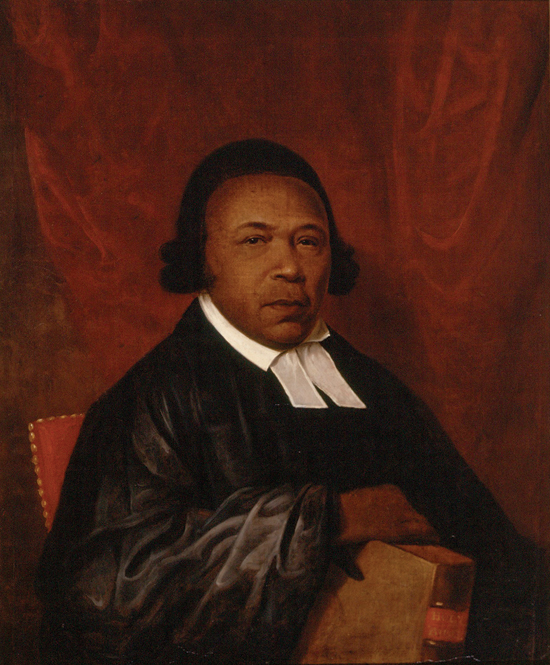Second Sunday of Easter, April 7, 2024: Acts 4:32-35; 1 John 1:1-2:2; John 20:19-31; Psalm 133
I observe this every year on this Sunday, but the story of Thomas is one that is sufficiently important that those who constructed the lectionary have us read it every year the Sunday after Easter. So it behooves us to pay attention.
Thomas often gets a bad rap: he insisted that he could not believe without seeing Jesus, just as his friends had. Jesus to some extent starts this, saying “Have you believed because you have seen me? Blessed are those who have not seen and yet have come to believe.” Given that the Gospel of John was written fifty or more years after the events it describes, most of those reading them would not have seen the risen Jesus: Jesus’ words speak to them. But in the early years, it is precisely the witness of the apostles that is important. In Acts, we hear that “With great power the apostles gave their testimony to the resurrection of the Lord Jesus”. In 1 John, we are told that John is declaring “what we have seen with our eyes”. It mattered that the first people to tell the story had seen the risen Jesus.
Thomas wants to see the risen Jesus, and does so; he then offers the powerful affirmation, “My Lord and my God!” Thomas, like the other disciples, goes off to preach; he is said to have established the church in India. We have two apocryphal documents said to be his writings: The Infancy Gospel of Thomas, and the Gospel of Thomas. Thomas was an important part of the early Jesus movement.
What interests me this year about Thomas — building on what I wrote last week for Easter–is the role of community in the events following Easter, as well as in all our readings today. All the stories about the aftermath of Jesus’ crucifixion show his followers seeking each other out. After all, Jesus’ purported crime, claiming to be King of the Jews and thus in opposition to Rome, implicated all his followers in political disloyalty.
So it is no wonder that when Jesus first appears to his disciples, they are huddled together in a locked room. He shows them his scars, he wishes them peace, and breathes the Holy Spirit on them. Thomas isn’t there. And he’s missed a big event for the group. So it’s not altogether surprising that he has his doubts. He wants to share the experience with his fellows. Shared experience is a critical part of community.
This search for community is not limited to the apostles. Today, after shocking events, there are often communal gatherings or vigils. The wake after someone’s death, or sitting shiva in the Jewish tradition, are reminders that when hard things happen, we need each other.
The role of community extended beyond the immediate aftermath of Jesus’ death. Acts tells us that the early Christians shared everything in common, so “there was not a needy person among them”. Those who were wealthy sold all they had and brought the proceeds to the community. They lived as a community, not as individuals. They knew they needed each other, so they helped each other. It is a striking contrast to the individualism of so much of US society today, and we can learn from it.
The Psalm proclaims, “Oh, how good and pleasant it is, when brethren live together in harmony.” Indeed it is. Amen.






.jpg&f=1&nofb=1)
